Working Paper
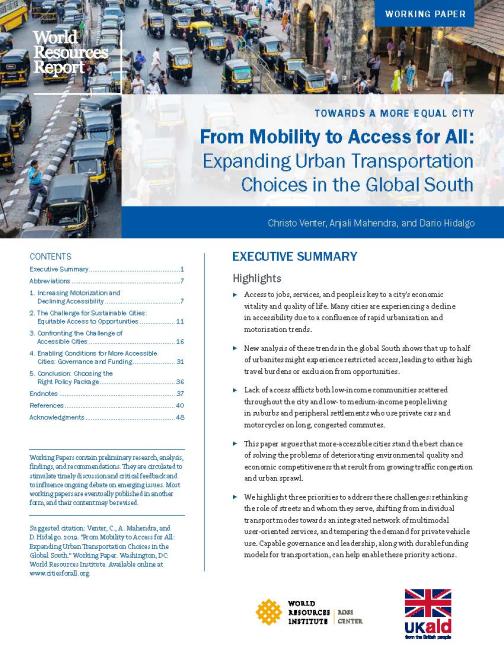
From Mobility to Access for All
Expanding Urban Transportation Choices in the Global South
This paper highlights priority actions and enabling conditions for improved urban mobility, which can lead to enhanced social equity and environmental quality.
Many cities are experiencing a decline in access to jobs, services and people due to a confluence of two trends: rapid urbanization and motorization. Lack of access afflicts both low-income communities scattered throughout the city and low- to medium-income people living in suburbs and peripheral settlements who use private cars and motorcycles on long, congested commutes.
This paper explores specific actions to address accessibility of urban transportation, emphasizing improved access for underserved groups. In improving access, cities stand the best chance of solving the problems of deteriorating environmental quality and economic competitiveness that result from traffic congestion and urban sprawl. This paper was produced by WRI.
Learn more
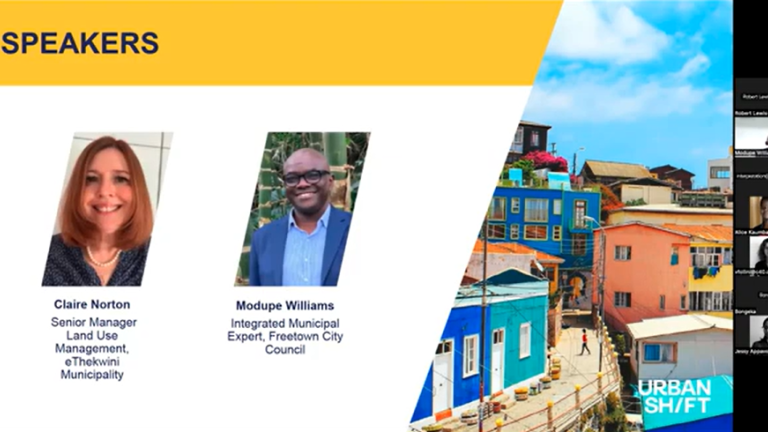
Unlocking Africa's Urban Potential: Improving Informal Settlements through Sustainable Planning
As Africa experiences rapid urban growth, this webinar will shed light on best practices for managing informal settlements and expanding sustainably.
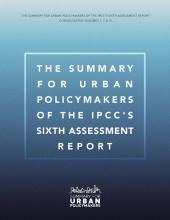
The Summary for Urban Policymakers of the IPCC's Sixth Assessment Report
This publication by the Summary for Urban Policymakers (SUP) initiative synthesizes the latest findings from the IPCC Sixth Assessment Reports in partnership with cities and businesses across the globe.
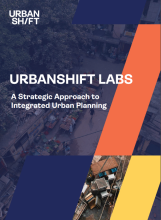
UrbanShift Labs
Summarizing insights and lessons from eight of UrbanShift's Labs, this report offers a template for furthering geospatial analysis in cities.
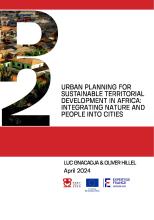
Urban Planning for Sustainable Territorial Development in Africa: Integrating Nature and People into Cities
This white paper published by the Post-2020 Biodiversity Framework – EU Support Project provides information, resources and pathways on how to incorporate nature and people into urban development in Africa.
